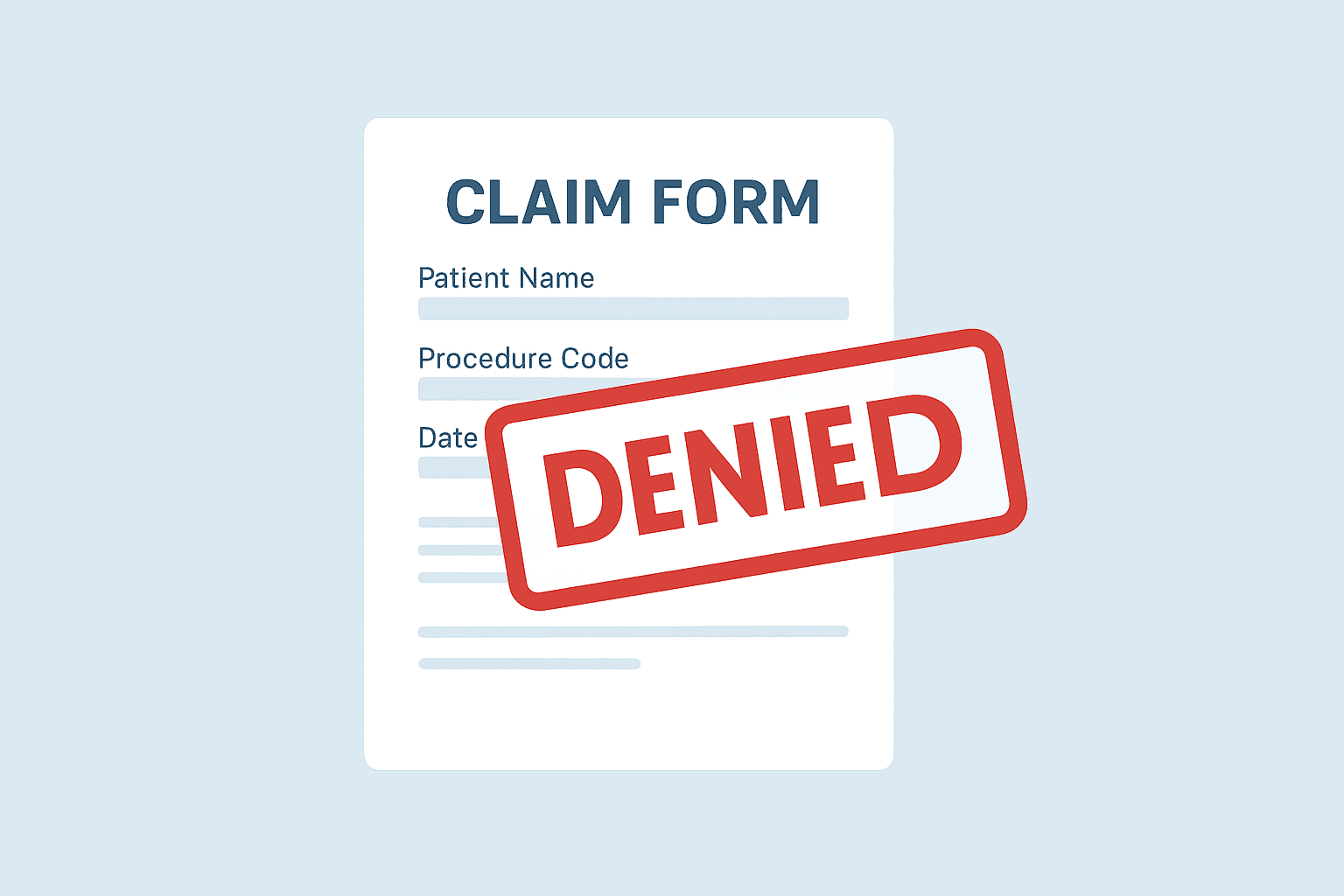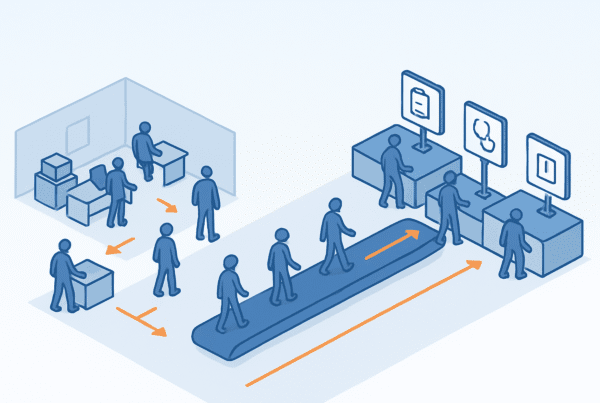Navigating the Current M&A Landscape for Premium Valuations
Selling your neurology practice in Los Angeles presents a significant opportunity, but the market is more complex than ever. The landscape for physician practices in California is shifting, with a renewed interest from buyers ranging from large health systems to private equity. Making the right moves now is critical to securing your legacy and maximizing your financial outcome. This guide provides a straightforward overview of the market, key considerations for your practice, and how to navigate the sale process successfully.
Market Overview
The Los Angeles market is not just a location; it is a strategic asset. Demand for specialized neurological care is consistently strong, driven by the region’s demographics. We’re seeing a notable shift in the M&A climate, creating a favorable environment for well-prepared sellers. The current market is defined by a few key characteristics.
Three things to know about the LA neurology market right now:
- High Buyer Interest. Both strategic buyers, like local hospital systems, and financial buyers, like private equity groups, are actively seeking to expand their footprint in Southern California. This competition can drive up practice values.
- Location is a Premium. Your practice’s location in Los Angeles is a major draw. Proximity to patient populations and referral networks adds tangible value that sophisticated buyers recognize.
- A Changing Regulatory Scene. New legislative proposals in California, such as bills requiring state review of certain healthcare deals, are on the horizon. This potential for increased scrutiny makes timing your exit an important strategic decision.
Key Considerations
Beyond market trends, the specific attributes of your practice will determine its appeal to buyers. A potential buyer is purchasing more than just your revenue stream. They are investing in your patient base, your operational efficiency, and your potential for future growth. Think about what makes your practice run smoothly. Your experienced staff, your established referral patterns, and the specific mix of neurological services you offer are all part of the value equation. It is important to present these assets clearly. Different buyers look for different things. A hospital might value your patient volume, while a private equity group may be more interested in your operational efficiency and potential to scale.
Market Activity
The market for medical practices is not static. It is a dynamic environment with clear trends favoring sellers who are prepared to act. We are seeing significant momentum, particularly from well-capitalized buyers looking for quality practices.
The Rise of Private Equity
Private equity’s push into specialty medicine, including neurology, is one of the biggest stories in healthcare M&A. These groups are not just buying practices; they are building platforms. For a practice owner, this can mean an opportunity for a partnership that provides capital for growth and a potential ‘second bite of the apple’ when the larger platform is sold later. Thinking you’re not big enough or ready to sell is a common misconception. Preparation is what unlocks these opportunities.
Consolidation by Health Systems
At the same time, large Los Angeles area health systems continue to seek affiliations and acquisitions to expand their neurological service lines and secure patient referral streams. Selling to a health system can offer stability and integration into a larger network. Understanding the goals of these different buyer types is the first step toward finding the right fit for your practice, your staff, and your personal objectives.
The Sale Process
Selling your practice is a multi-stage journey, not a single event. It starts long before a buyer is at the table. The first step is preparation, which involves getting your financial and operational documents in order. Next comes a comprehensive valuation to understand what your practice is truly worth. Only then does the process of confidentially marketing the practice to a curated list of qualified buyers begin. After initial offers are received, the most critical phase is often due diligence, where the buyer inspects every aspect of your business. This is where many deals encounter problems if the practice is not properly prepared. A well-managed process, guided by experienced advisors, ensures you navigate these stages smoothly, maintain confidentiality, and move toward a successful closing.
Understanding Your Practice’s Value
One of the first questions any owner asks is, “What is my a practice worth?” The answer is more complex than a simple multiple of your revenue. Sophisticated buyers value your practice based on its profitability, specifically its Adjusted EBITDA (Earnings Before Interest, Taxes, Depreciation, and Amortization). This figure normalizes your net income by adding back owner-specific personal expenses or a higher-than-market salary. This provides a true picture of the practice’s cash flow. That Adjusted EBITDA is then multiplied by a number that reflects your practice’s risk and growth profile.
Here is a simplified look at how value is determined:
| Component | Description | Why It Matters for a Neurologist |
|---|---|---|
| Adjusted EBITDA | Your practice’s real cash flow, adjusted for owner perks and non-recurring costs. | This is the foundational number. We help frame your financials to accurately reflect true profitability. |
| Valuation Multiple | A multiplier (e.g., 3x-7x+) applied to your EBITDA. | This varies based on provider reliance, payer mix, and growth potential. A multi-provider practice in LA will command a higher multiple. |
| Growth Story | The narrative that explains your practice’s future potential. | Buyers pay a premium for a clear story of how they can grow the practice after they acquire it. |
A “rule of thumb” valuation is often inaccurate. A formal valuation tells the full story and gives you the leverage you need in negotiations.
Planning for Life After the Sale
The day you close the deal is not the end of the journey. A successful exit involves careful planning for what comes next, both for you and for the practice you built. A key part of any agreement is the transition plan. This ensures a smooth handover of patient care and helps retain your key staff, protecting the legacy you’ve established. The structure of the deal itself has major implications. Some owners prefer a clean break, while others may stay on for a period of time. Your deal might also include an “earnout,” where you receive additional payments for hitting performance targets, or an “equity rollover,” where you retain a stake in the new, larger entity. Planning for these outcomes from the start ensures your personal, professional, and financial goals are met long after the sale is complete.
Frequently Asked Questions
What is driving the high buyer interest in neurology practices in Los Angeles?
The high buyer interest is driven by strategic buyers like local hospital systems and financial buyers such as private equity groups expanding their footprint in Southern California. This competition among buyers increases practice values.
How does the location of a neurology practice in Los Angeles impact its value?
The Los Angeles location is a strategic asset due to proximity to patient populations and referral networks, which adds tangible value that sophisticated buyers recognize, making location a premium factor.
What are some key considerations that influence the value of a neurology practice?
Key considerations include the practice’s operational efficiency, experienced staff, established referral patterns, patient base, and the specific mix of neurological services offered. A buyer’s focus might vary, with hospitals valuing patient volume and private equity focusing on scalability and operational efficiency.
What should a neurology practice owner expect during the sale process?
The sale process is multi-stage, starting with preparation like organizing financial and operational documents, followed by valuation, confidential marketing to qualified buyers, and then due diligence where buyers inspect the business. Expert guidance is crucial to navigate these stages smoothly.
How is the value of a neurology practice determined in Los Angeles?
Value is based on Adjusted EBITDA (cash flow adjusted for owner perks and non-recurring costs), multiplied by a valuation multiple (which varies based on factors like provider reliance and growth potential), and the growth story that outlines the practice’s future potential. A formal valuation provides an accurate picture for negotiations.



